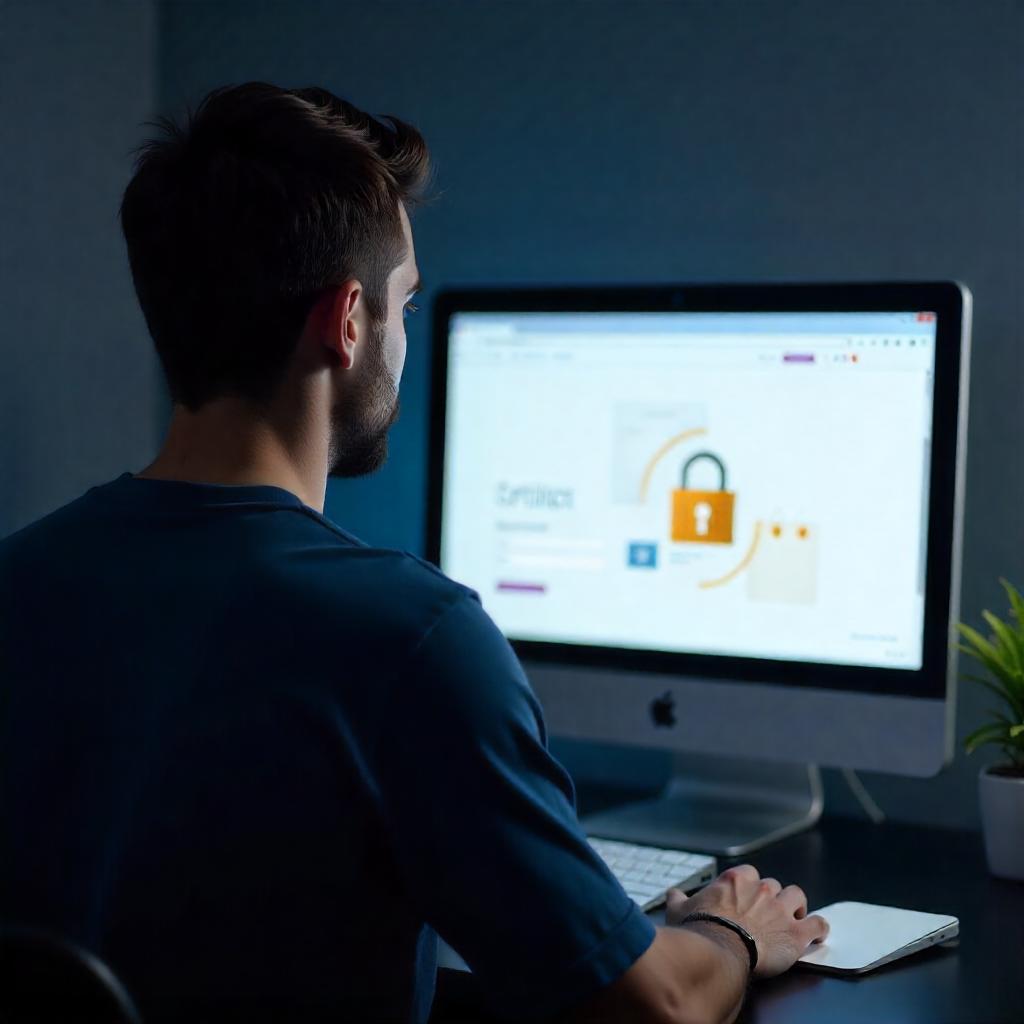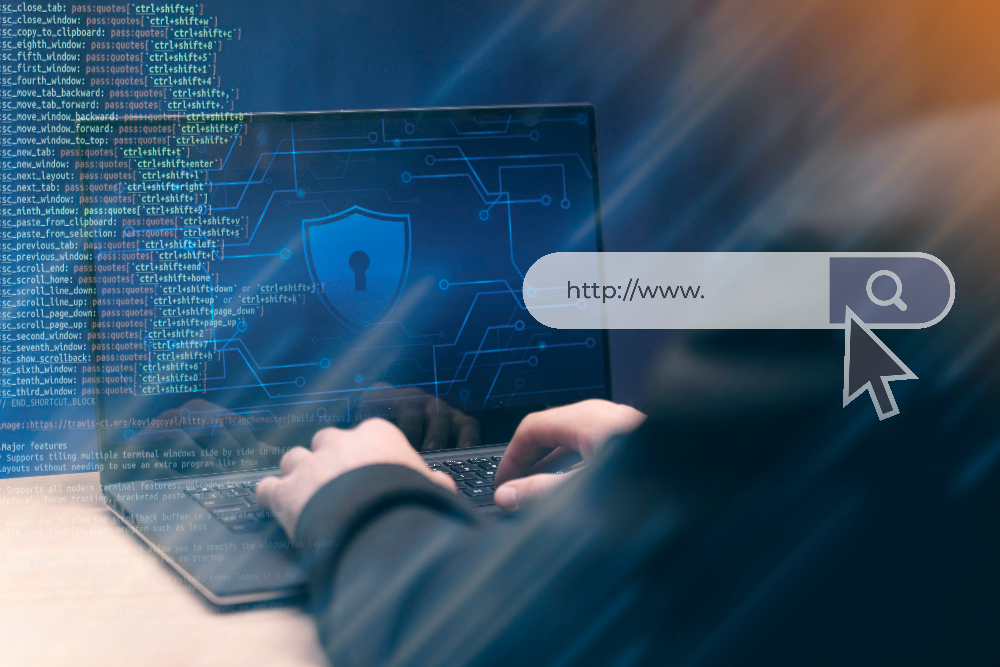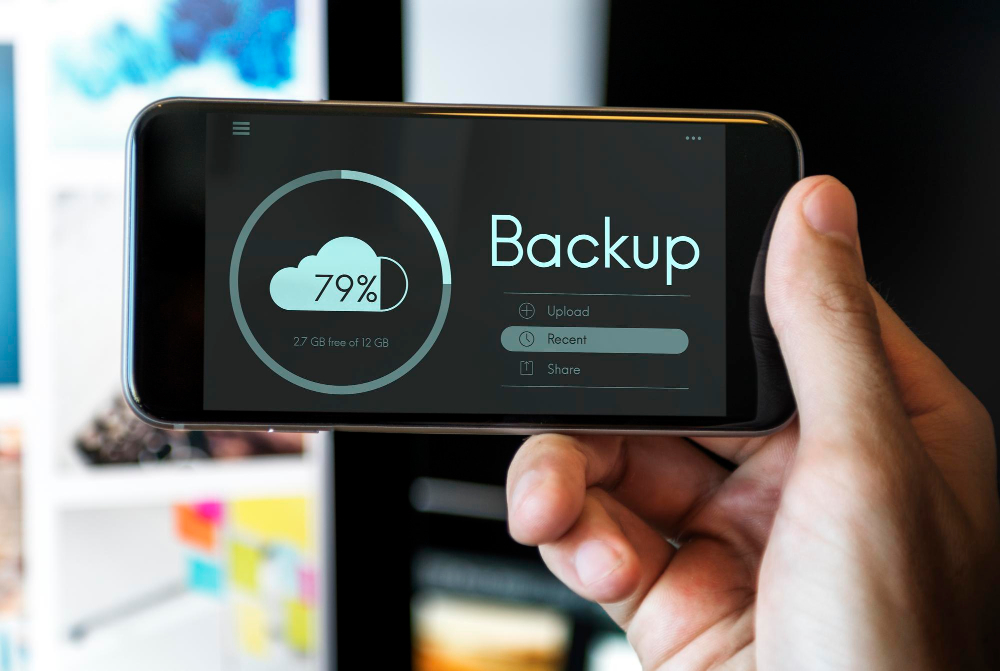How to Secure WordPress Website in 2025

Protecting your WordPress website is no longer optional – it’s essential. With hackers constantly on the lookout for vulnerabilities, a secure website ensures you stay ahead of potential threats while safeguarding your data, reputation, and users. Let’s break down the actionable steps to lock down your WordPress site and keep it hacker-free.
Why Website Security Matters More Than Ever

Here’s the thing: WordPress powers 43% of the web (Statista), making it a juicy target for cybercriminals. A single breach can:
- Destroy Trust: 65% of users won’t return to a site after a data breach (CSO Online).
- Tank Your SEO: Google flags and delists hacked sites, wrecking your rankings.
- Cost You Money: The average small business loses $200,000 per attack (CNBC).
Step-by-Step: How to Secure Your WordPress Website
1. Keep WordPress, Themes, and Plugins Updated
Outdated software is a hacker’s playground. Developers release updates to patch vulnerabilities, so keep everything up-to-date:
- Enable automatic updates for WordPress core files.
- Use tools like ManageWP to monitor and update plugins/themes across multiple sites.
2. Choose Secure Hosting

Your hosting provider is your first line of defense. Opt for one that includes:
- SSL Certificates: Encrypts user data.
- Firewalls: Blocks malicious traffic.
- Daily Backups: Ensures quick recovery if hacked.
Recommended Providers: SiteGround, Kinsta, or Bluehost.
3. Use Strong Passwords and 2FA

Weak passwords are an open invitation for brute-force attacks. Here’s how to level up:
- Use a password manager like LastPass or Dashlane.
- Enable Two-Factor Authentication (2FA) with plugins like Wordfence or Google Authenticator.
4. Install a Security Plugin
WordPress security plugins make it easy to monitor threats and block vulnerabilities. Top picks include:
- Wordfence: Comprehensive firewall and malware scanner.
- iThemes Security: Login protection and brute-force attack prevention.
- Sucuri: Malware detection and removal.
5. Limit Login Attempts
Brute-force attacks try thousands of password combinations until they get in. Prevent this by limiting login attempts with plugins like:
- Limit Login Attempts Reloaded.
- Loginizer.
6. Secure Your wp-config.php File
The wp-config.php file holds critical WordPress configuration details. Protect it by:
- Moving it one level above the root directory.
- Adding
deny from allrules in your.htaccessfile.
7. Implement Regular Backups

Backups are your safety net. Schedule them daily and store them offsite using tools like:
8. Switch to HTTPS
HTTPS encrypts data transfer between your site and users, making it harder for attackers to intercept sensitive information. Get an SSL certificate from:
- Let’s Encrypt (free).
- Your hosting provider.
9. Disable Directory Listing
Directory listing can expose sensitive files to attackers. Disable it by adding this line to your .htaccess file:
Options -Indexes10. Monitor for Malware

Use malware scanners to catch threats before they cause damage:
Bonus Tips for Advanced Users
- Restrict File Permissions: Ensure only authorized users can edit files.
- Change Default Login URL: Obscure your login page with plugins like WPS Hide Login.
- Block XML-RPC: Unless required, disable XML-RPC to prevent DDoS attacks.
Final Thoughts: Security Is a Continuous Process
WordPress security isn’t a one-and-done task. Hackers evolve, and so should your defenses. By implementing these steps and staying vigilant, you can protect your website, data, and users.




